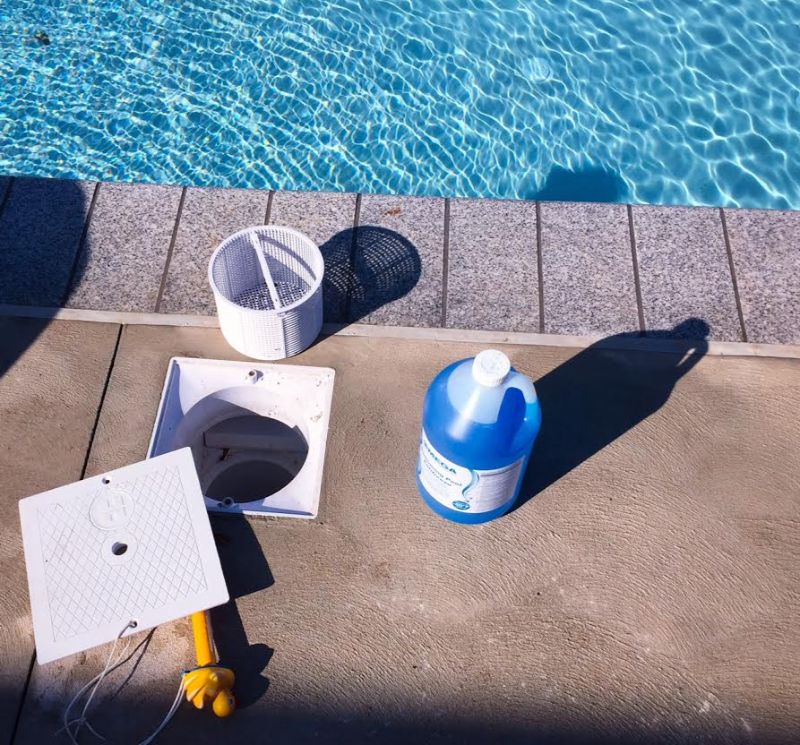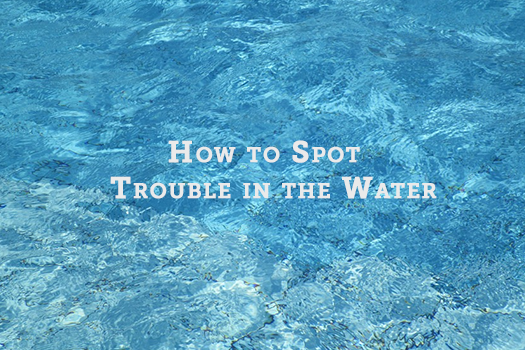Tips for Handling Pool Chemicals
It’s important for all lifeguards to be well informed and confident around chemicals. In some states lifeguards may be asked to regularly test the water quality and adjust the chlorination. That’s why all lifeguards are required to take the OSHA Chemical Handling webinar. This training teaches lifeguards how to safely work around chemicals that could be potentially hazardous. The OSHA…





